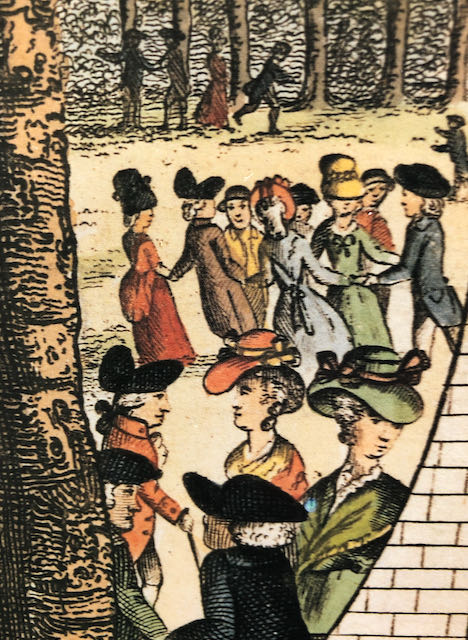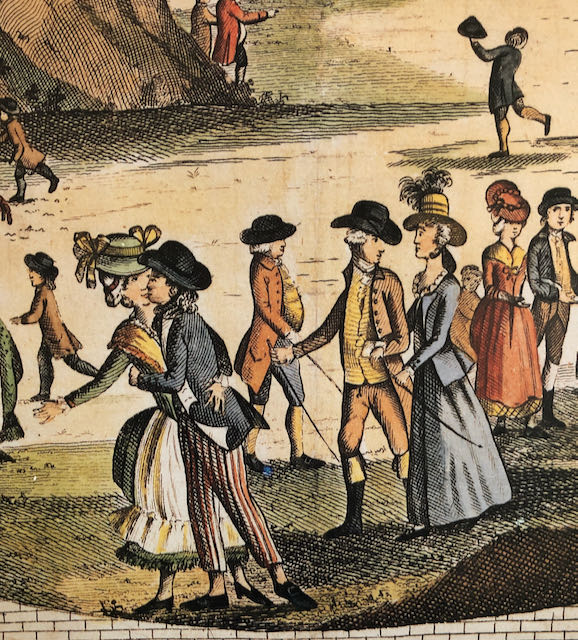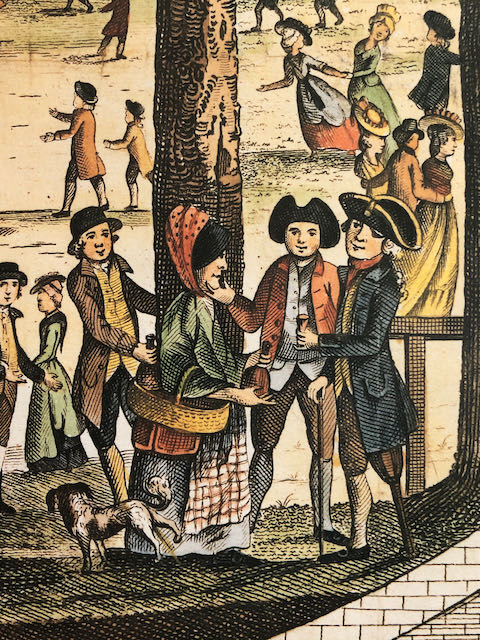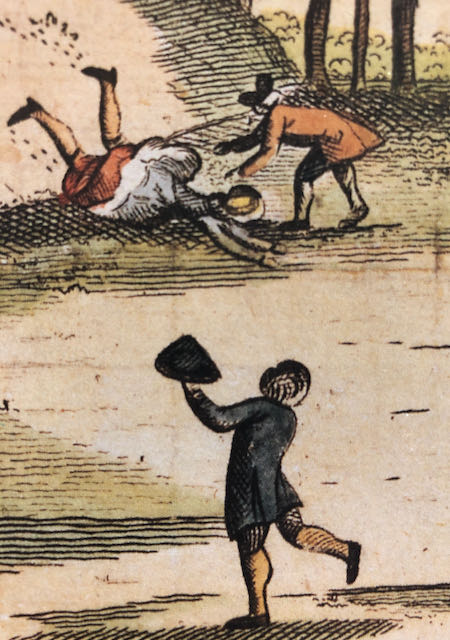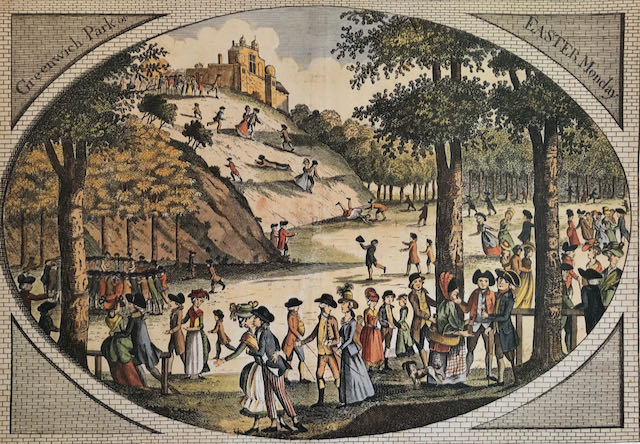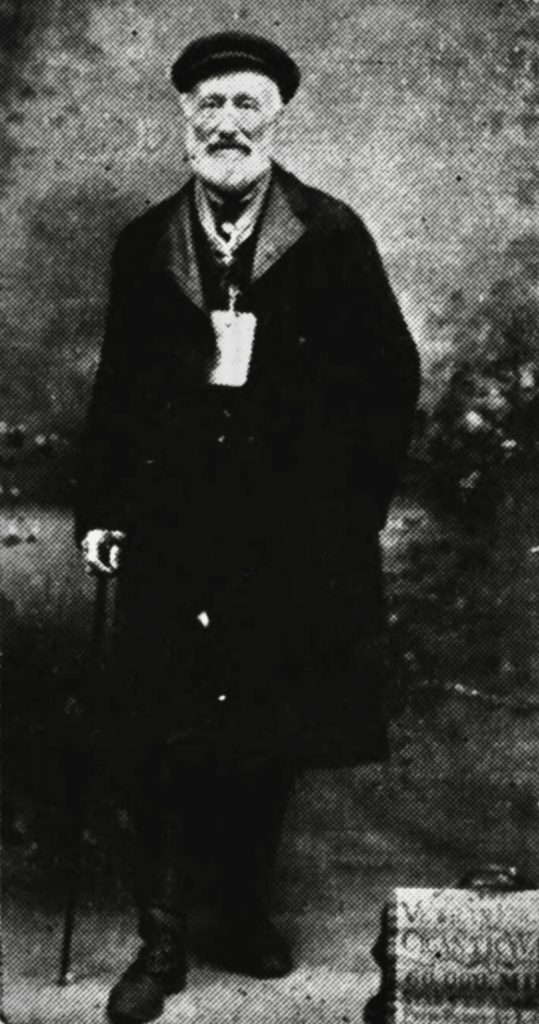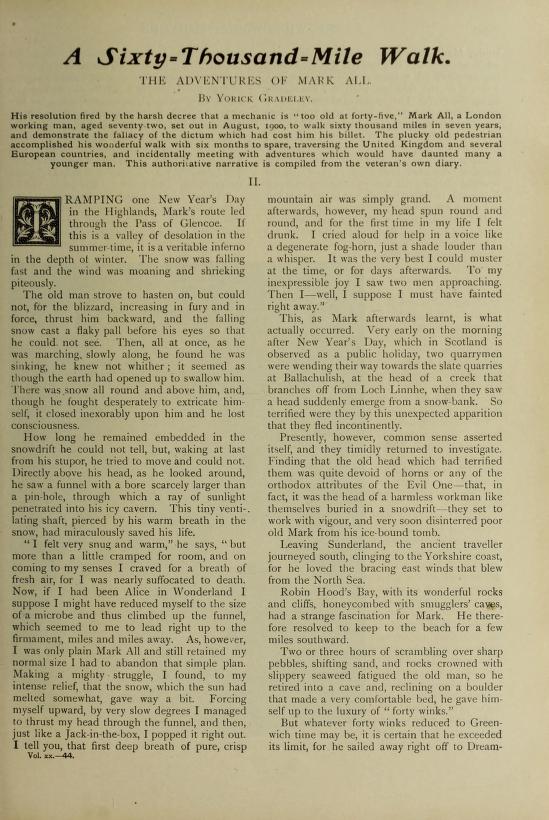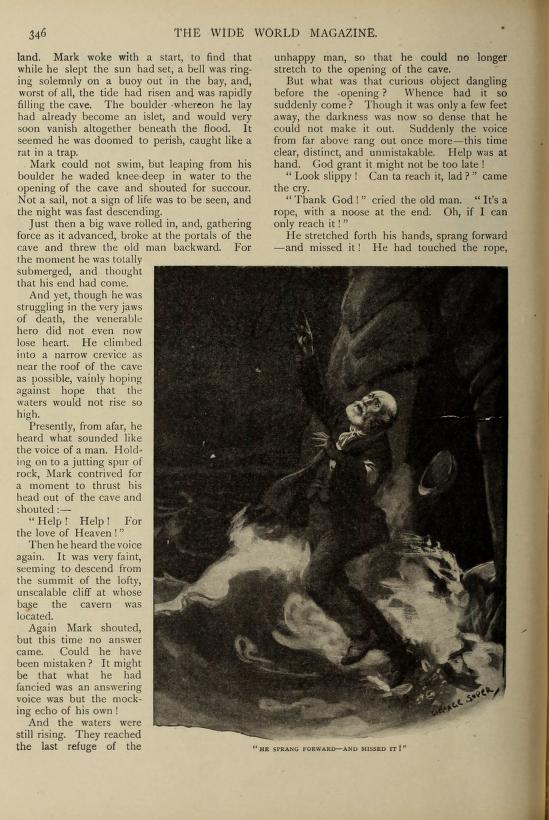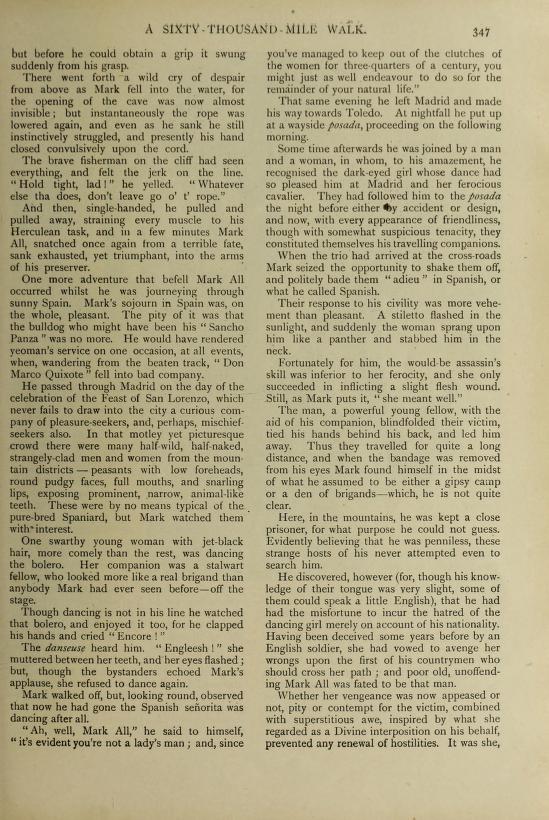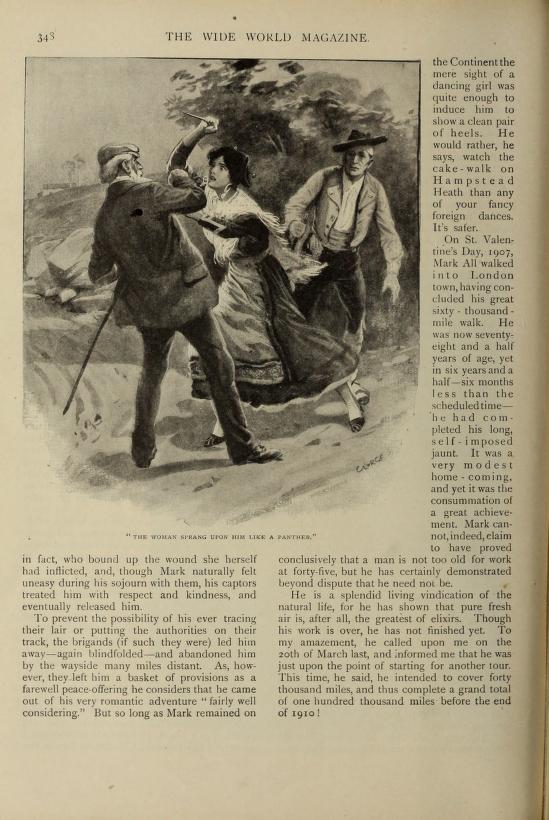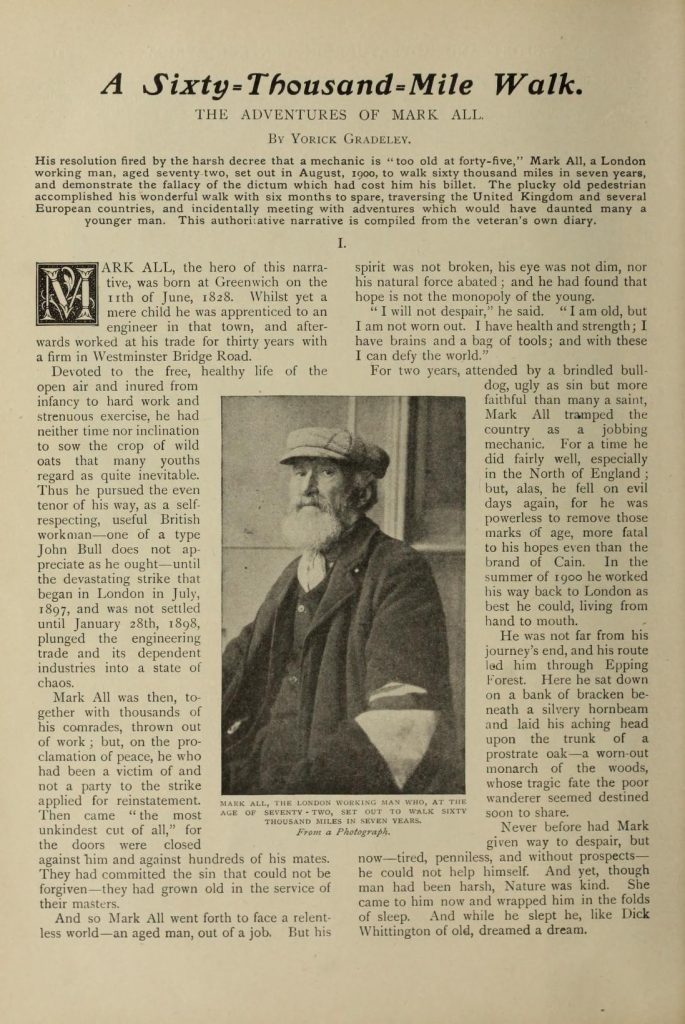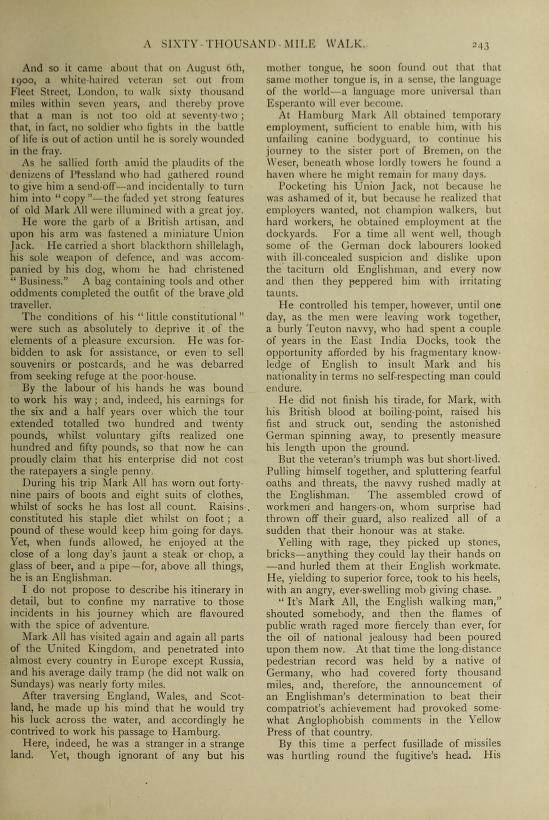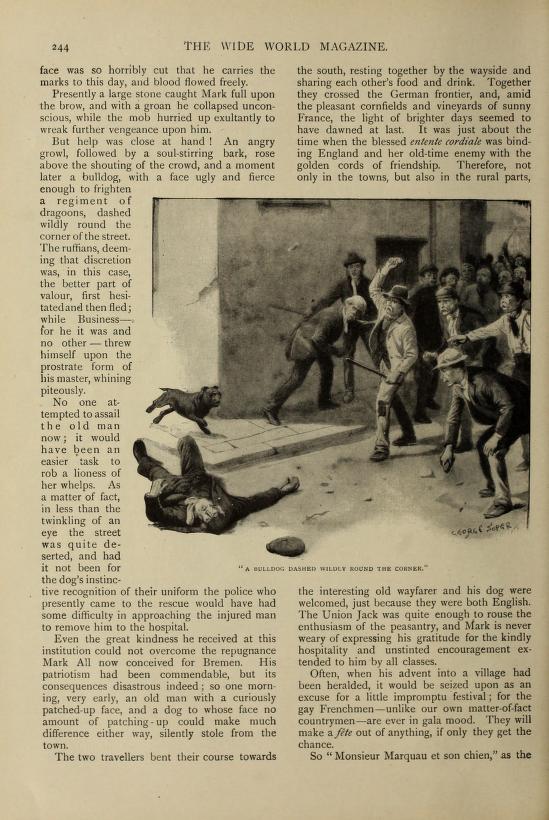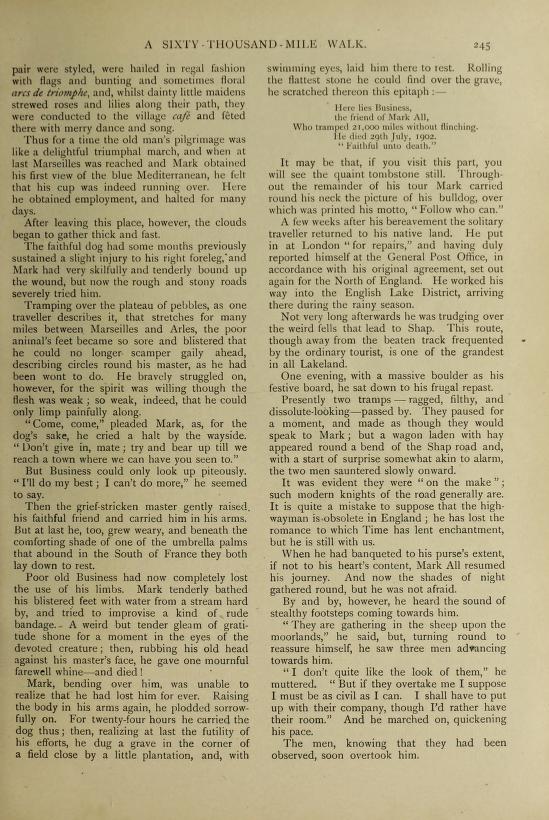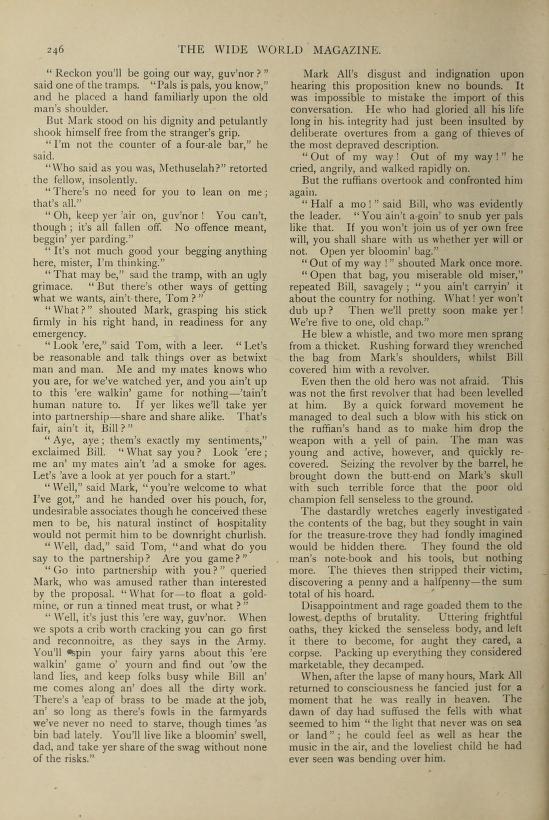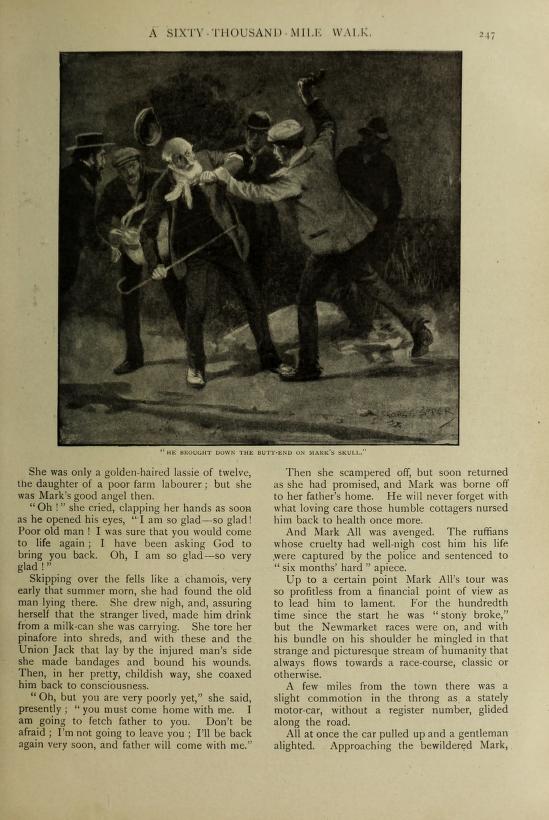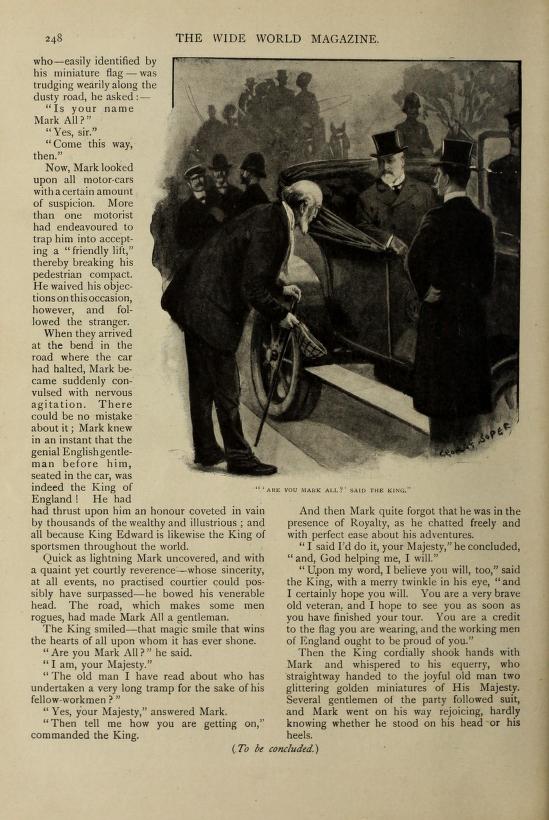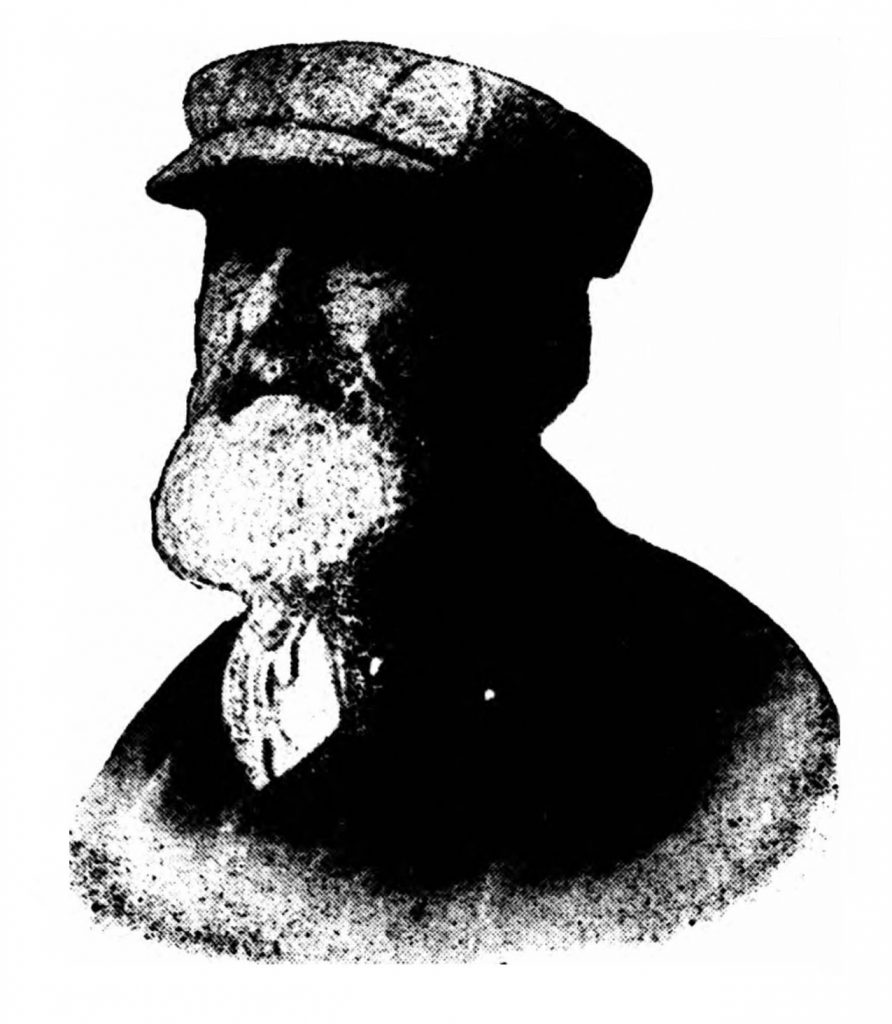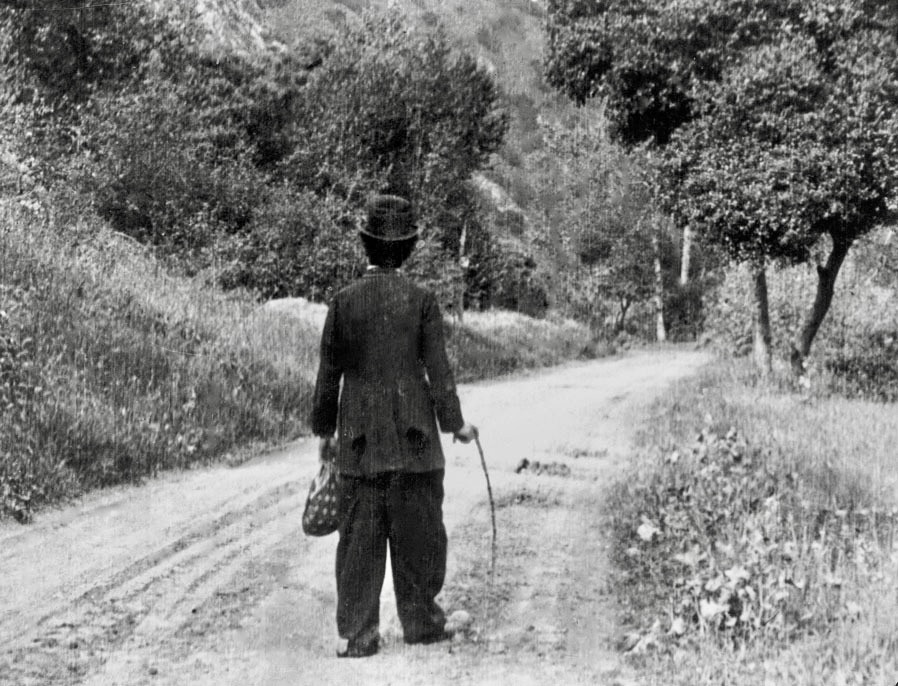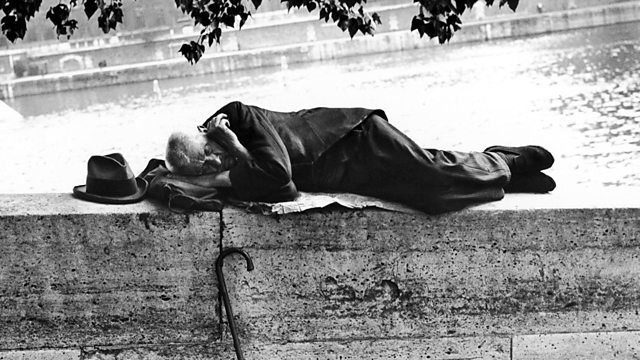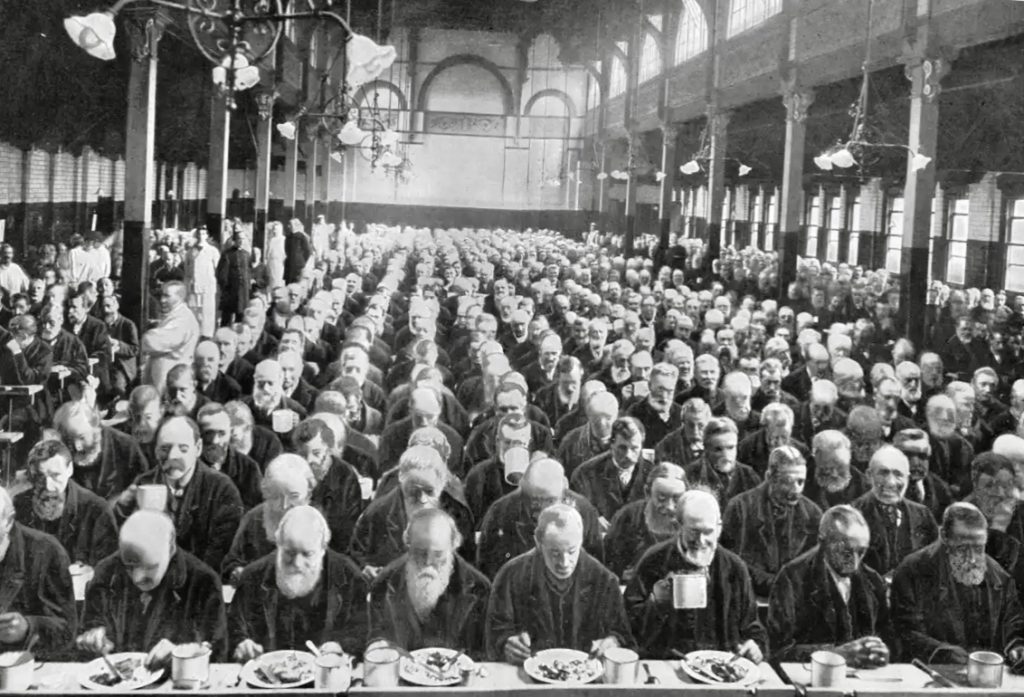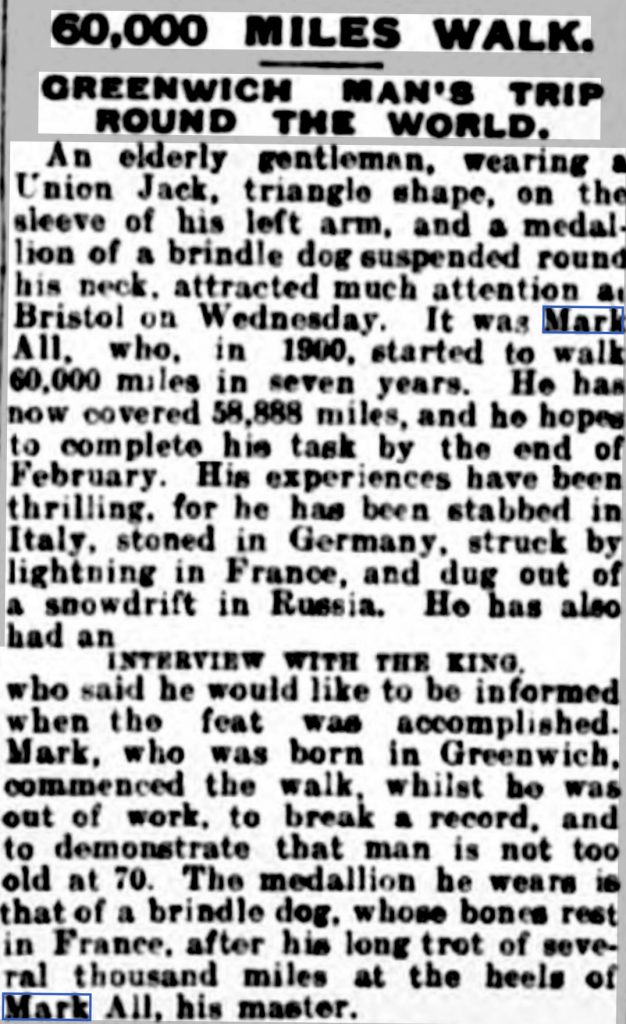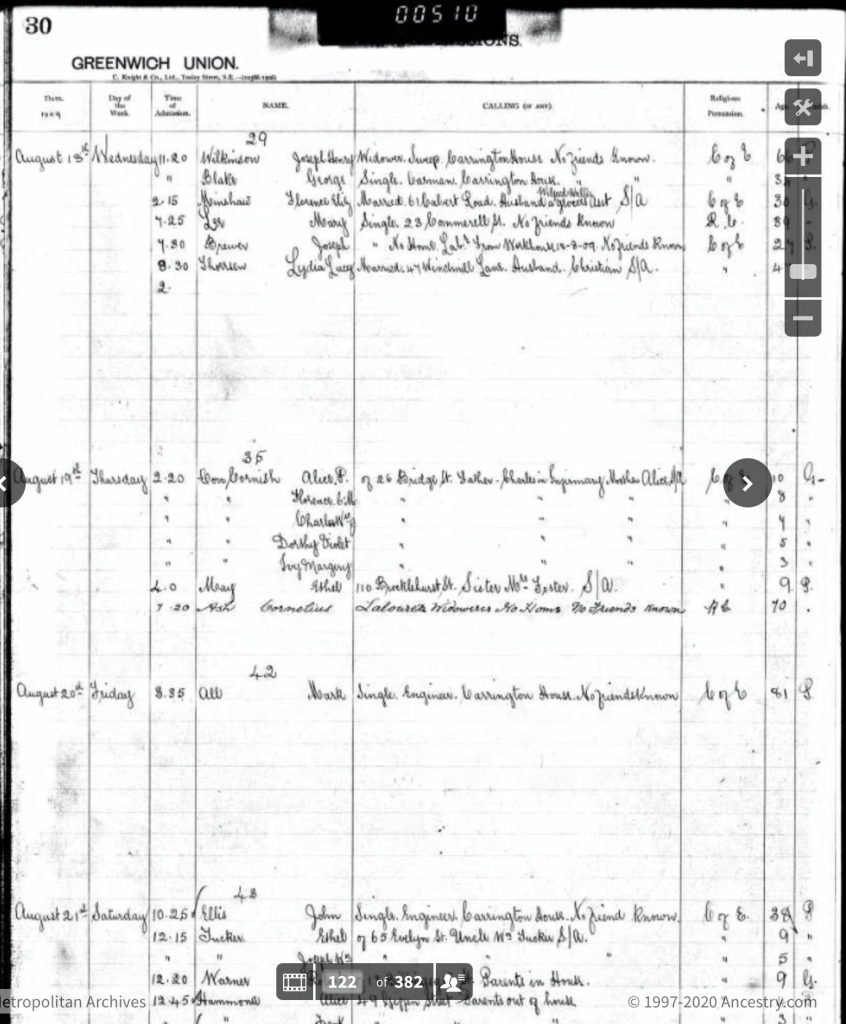The Assembly Rooms, Charlton House,16th July 2022: from 2.30pm.
On Saturday 16th July at 2.30 p.m. in the Grand Salon, Charlton House TRACY STRINGFELLOW, Chief Executive of Royal Greenwich Heritage Trust, will speak about the proposals to create a museum and archive space at Charlton House.
Before moving to Greenwich in 2013 Tracy was Heritage Manager with Medway Council responsible for management of Rochester Castle, Upnor Castle, and Temple Manor. Tracy was also Project Manager at Eastgate House developing a successful £1.2 million Heritage Lottery Fund application towards work to repair and transform Eastgate House into a Heritage, Arts and Cultural attraction. Tracy has been Chief Executive Officer of Royal Greenwich Heritage Trust (RGHT) since its charity registration in May 2014.
RGHT are now working in partnership with the Royal Borough of Greenwich to develop a National Lottery Heritage Fund application for Charlton House and an exciting new project to re-discover the museum and archive collections in RGHT’s care in SE7.
The session will be available via Zoom (see details below). It is also planned to have a separate back-up recording plus the slide presentation available on The Charlton Society website at a later date. The talk will be followed by refreshments. We will be charging our usual entrance fee which helps towards room hire – this is £2 for members and £3 for visitors – cash (correct money appreciated), cheque or contactless payments accepted.
Zoom details: Ruth Dodson is inviting you to a scheduled Zoom meeting.
Topic: Charlton Society meetingTime: Jul 16, 2022 2:30 p.m. for 2.45 p.m. London. Join Zoom Meeting: https://us02web.zoom.us/j/81724893139…
Meeting ID: 817 2489 3139Passcode: 174369

